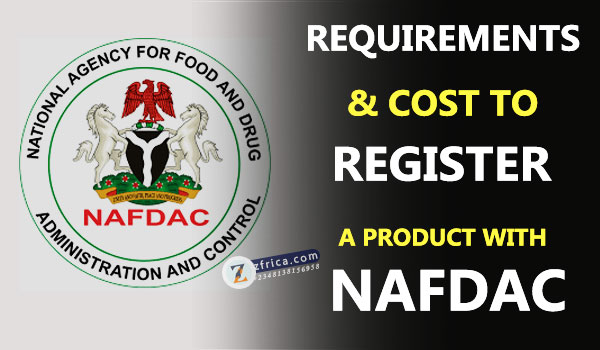
In this comprehensive guide, we will walk you through the Requirements & Cost to Register a Product with NAFDAC. From understanding the requirements for different product categories to a step-by-step walkthrough of the application procedure.
The National Agency for Food and Drug Administration and Control (NAFDAC) stands at the forefront of ensuring the safety and quality for both consumer protection and business credibility. NAFDAC is established to regulate and control the manufacture, importation, exportation, advertisement, distribution, sale, and use of food, drugs, cosmetics, medical devices, chemicals, and packaged water, NAFDAC serves as a guardian of public health.
Why Register with NAFDAC
Registering a product with NAFDAC is not just a legal requirement; it’s a vital step in establishing trust with your consumers. This process validates the safety and efficacy of your products, aligning with the agency’s commitment to safeguarding the health of the nation. For businesses, this registration is a badge of honor, signifying compliance with stringent health standards and opening doors to wider market opportunities.
NAFDAC’s Registration Requirements
This section provides a detailed overview of these Requirements and Cost to Register a product with NAFDAC, ensuring that you’re well-prepared for the NAFDAC registration journey.
General Requirements
While specific Requirements and Cost to Register a product with NAFDAC may vary depending on the product type, here are the general requirements:
- Product Information: You need detailed information about your product, including its composition, manufacturing process, and intended use. This helps NAFDAC assess the product’s safety and efficacy.
- Manufacturer’s Details: For products manufactured outside Nigeria, a full dossier of the manufacturing company is necessary. This includes the manufacturer’s name, physical address, and a Good Manufacturing Practice (GMP) certificate.
- Labeling: The product’s label should comply with NAFDAC’s regulations. It must contain essential information like ingredients, manufacturing and expiry dates, usage instructions, and warnings, if any.
- Quality Documentation: Evidence of product quality is paramount. This can include laboratory analysis reports certifying the product’s compliance with established standards.
Specific Requirements for Different Product Types
The exact requirements can vary significantly based on the product category:
Our Top Selling Services
-
Food Products:
For food items, you must provide details on nutritional content, preservatives (if used), and packaging safety. NAFDAC also requires a Certificate of Analysis to ensure that the food is free from harmful contaminants.
-
Drugs and Pharmaceuticals:
Registration of pharmaceuticals demands extensive documentation, including clinical trial data, pharmacokinetic information, and stability studies. For imported drugs, certifications like a Certificate of Pharmaceutical Product (CPP) are often required.
-
Cosmetics:
For cosmetic products, NAFDAC requires a detailed list of ingredients and their concentrations. Safety assessments and free sale certificates from the country of origin might also be needed.
-
Chemicals:
If you’re dealing with chemicals, you’ll need to submit a Material Safety Data Sheet (MSDS) alongside other specifics like the chemical’s purpose and handling instructions.
Compliance with International Standards
It’s important to note that NAFDAC aligns its regulations with international standards to ensure the safety and quality of products. Compliance with standards like the International Organization for Standardization (ISO) can enhance the credibility of your application.
For foreign companies, having a local representative in Nigeria is often a prerequisite. This agent can facilitate communication with NAFDAC and ensure that the registration process adheres to local regulations.
All documentation submitted to NAFDAC must be in English. If the original documents are in another language, they should be professionally translated and notarized.
The Registration Process: Step-by-Step
Step 1: Pre-Registration (Documentation and Preparation)
- Product Formula and Ingredients: Provide a detailed list of all ingredients and formulas used in your product. This is crucial for NAFDAC’s assessment of product safety and compliance.
- Manufacturing Process: A step-by-step breakdown of how your product is made. This should be detailed to demonstrate adherence to good manufacturing practices.
- Quality Control Measures: Show how your product’s quality is assured. This includes testing methods and safety protocols to ensure product consistency.
- Certificate of Incorporation: For businesses, this is proof of your legal existence and eligibility to operate within Nigeria.
- Trademark Approval: If your product has a registered trademark, include this documentation.
Step 2: Submission of Application
With your documents ready, it’s time to submit your application. NAFDAC offers both online and offline submission methods:
- Online Submission: The more convenient option, allowing you to submit documents digitally through NAFDAC’s e-registration platform. This process is faster and more efficient, saving you time and paperwork.
- Offline Submission: If you choose the traditional route, you’ll need to visit a NAFDAC office. Ensure all documents are correctly filed and presented.
Step 3: NAFDAC Evaluation and Inspection
Once your application is submitted, NAFDAC will review it. This stage involves a thorough evaluation and possibly an inspection of your manufacturing facilities:
- Inspection of Facilities: If applicable, NAFDAC officials may inspect your production facility to ensure compliance with regulatory standards.
- Sample Testing: NAFDAC may require samples of your product for testing in their labs to confirm safety and quality standards.
- Compliance Check: Your documentation and practices are checked against NAFDAC’s regulatory requirements.
Step 4: Approval and Certification
The final step is the most anticipated – approval and receipt of your NAFDAC number:
- Approval Timeline: Depending on the complexity of your product and the efficiency of your documentation, this process can vary in time. Generally, expect several weeks to a few months.
- Receiving NAFDAC Number: Upon successful evaluation, your product will be assigned a unique NAFDAC registration number, signifying its approval for sale and distribution in Nigeria.
Summary of Registration processes with timelines
- Submission of Application – 0 days
- Document Verification – 10 days
- Facility Inspection/Sampling – 10 days for Food, 20 days for Drugs
- Laboratory Analysis – 30 days for Food, 40 days for Drugs
- Final Vetting – 10 days
- Approval Meeting/Issuance of NAFDAC registration Number(Certificate of registration) – 20 days
Total number of days: 90 days for Food, 120 days for Drugs
Costs and Fees for NAFDAC Product Registration
When registering a product with NAFDAC, it’s important to consider the various fees involved, which vary depending on the product type. Here’s a breakdown of the costs:
-
Registration Fees by Product Category:
- Drugs: Registration of drugs in Nigeria costs ₦70,000.
- Orphan Drugs: For orphan drugs, the fee is ₦25,000.
- Food: Registering food products requires a fee of ₦50,000.
- Cosmetics: The cost for cosmetic products is also ₦50,000.
- Chemicals or Insecticides: These are registered with a fee of ₦40,000.
- Veterinary Products: For veterinary products, the fee is ₦70,000.
- Medical Devices: A fee of ₦30,000 is required for medical devices.
- Vaccines: Registering vaccines incurs a cost of ₦40,000.
- Water: The registration fee for water is ₦50,000.
-
International Inspection Fee:
- The international inspection is notably the most expensive part, costing around ₦10,500. However, this cost may be waived if the overseas manufacturing company already has a Good Manufacturing Practice (GMP) certification.
-
Additional Fee Considerations:
- There may be other costs related to product registration, such as import permits and inspection fees, if applicable. These costs can vary and should be verified directly with NAFDAC.
Timeline:
The registration process with NAFDAC can take a significant amount of time, depending on the product type. For example, food products may take around 90 days, while drug products can take up to 120 days for registration.
Common Challenges and How to Overcome Them in NAFDAC Product Registration
When embarking on the journey to register a product with the National Agency for Food and Drug Administration and Control (NAFDAC) in Nigeria, businesses often encounter a series of challenges. Overcoming these obstacles is crucial for a smooth registration process and eventual market entry. In this section, we’ll delve into some of the typical issues faced and offer strategic solutions related to the Requirements and Cost to Register a product with NAFDAC.
Have you Read this ?
- Navigating the Documentation Maze
- Challenge: The complexity and volume of required documentation can be overwhelming.
- Solution: Start by creating a comprehensive checklist of required documents from the NAFDAC website. Consult with a regulatory expert or an experienced company that has gone through the process. Ensure that all your documents, such as product formulas, manufacturing process details, and quality control measures, are in order and adhere to NAFDAC’s standards.
- Understanding Regulatory Requirements
- Challenge: Keeping up with regulatory changes and understanding specific requirements for different product categories.
- Solution: Regularly visit the NAFDAC website for updates. Attend seminars or workshops organized by NAFDAC or industry associations. Networking with industry peers can also provide insights into regulatory updates and practical compliance tips.
More Possible Challenges
- Managing Timelines and Delays
- Challenge: The registration process can be time-consuming, with unexpected delays.
- Solution: Plan for a longer timeline than initially anticipated. Stay in constant communication with NAFDAC officials to track your application’s progress. Engage a consultant or a liaison officer who can expediently handle inquiries and follow-ups with NAFDAC.
- Financial Planning for Registration Costs
- Challenge: Underestimating the total cost of registration, including fees and unforeseen expenses.
- Solution: Prepare a detailed budget that includes all potential costs – application fees, consultancy fees, laboratory analysis fees, etc. Allocate a contingency fund to cover any unexpected expenses during the registration process.
- Dealing with Product Testing and Approval
- Challenge: Ensuring that products meet the standards set by NAFDAC, especially if initial tests are unsuccessful.
- Solution: Conduct pre-submission testing at NAFDAC-accredited labs to ensure your product meets all the required standards. If your product fails initial tests, work closely with the lab to understand the reasons and take corrective measures before resubmission.
- Navigating Inspection Hurdles
- Challenge: Preparing for and passing the NAFDAC inspection can be daunting.
- Solution: Ensure your manufacturing or processing facilities comply with NAFDAC’s Good Manufacturing Practice (GMP) guidelines. Conduct internal audits and mock inspections to prepare. Hiring a consultant experienced in NAFDAC inspections can provide invaluable guidance.
- Addressing Rejection or Queries
- Challenge: Responding to rejection or queries from NAFDAC regarding your application.
- Solution: Treat any feedback from NAFDAC as an opportunity to improve. Address all queries promptly and thoroughly. If your application is rejected, seek detailed reasons and work on rectifying the issues before reapplying.
In conclusion, understanding and navigating the Requirements and Cost to Register a product with NAFDAC are essential for a successful product registration process in Nigeria.


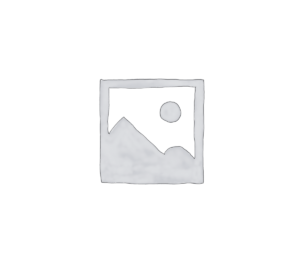
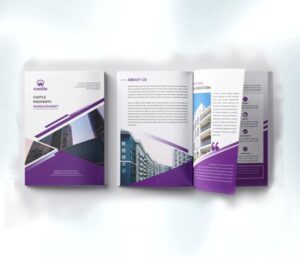


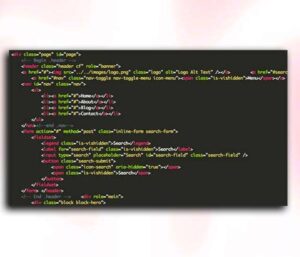

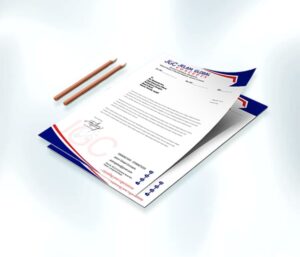
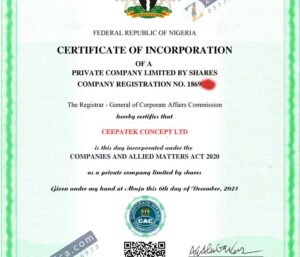



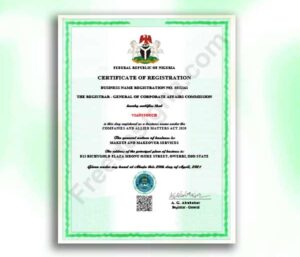
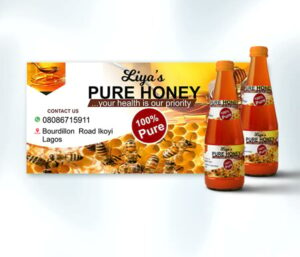
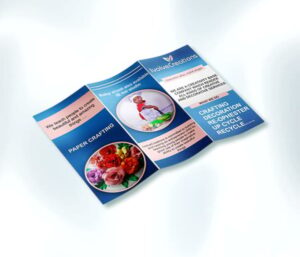
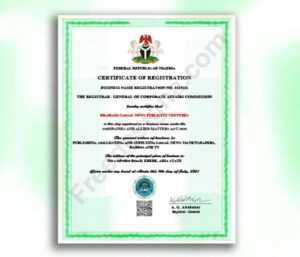
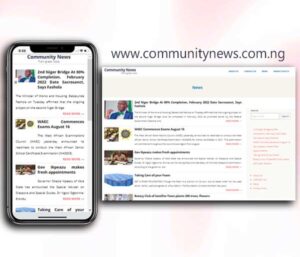






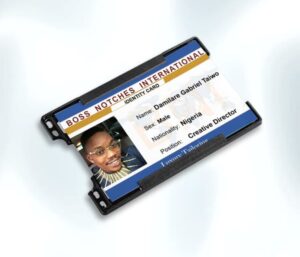
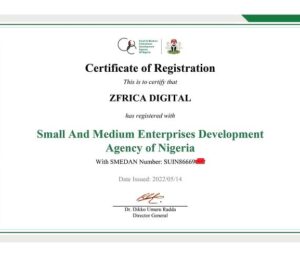
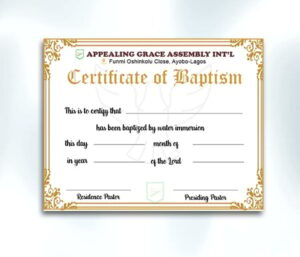


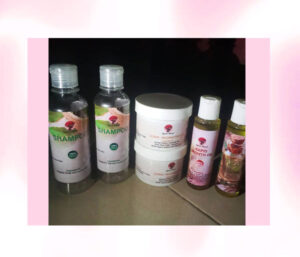
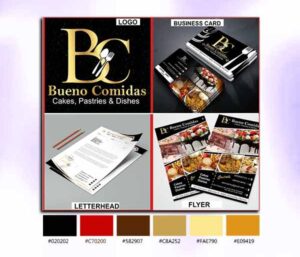
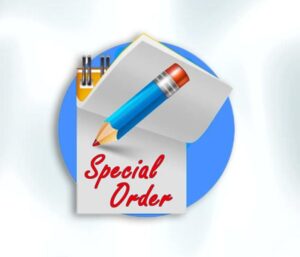
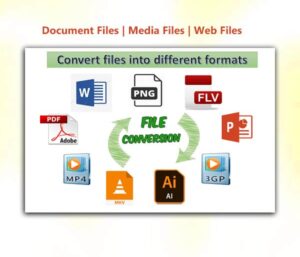
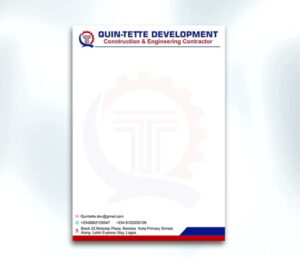
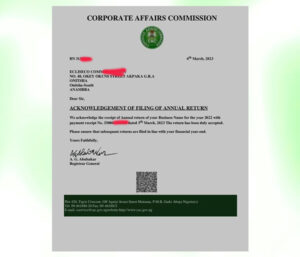
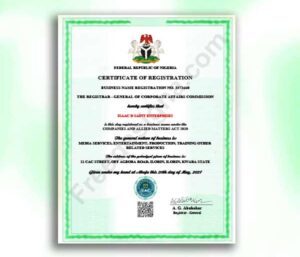

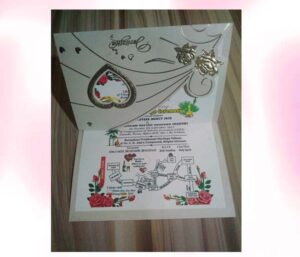

Where can I find the application form and Nafdac approved lab?
We did not really understand your question
Please chat us on whatsapp on 08138156958 for a richer & better communication
How can I register in Nigerian
Please chat with Helen using the customer support button
If you need 1 NAFDAC number for each product does this mean that I have to pay 50k for each food product?
Note
Planning on selling dry prawns, dry pepper, red oil etc basically dry foods…are you now saying I will need to pay 50k to obtain NAFDAC number for each product?
As long as they are packaged separately and bears different names. You will have to apply and pay for there NAFDAC registration separately
Does the number cover for all products?
No. NAFADAC registration number is given per product.
How can I register a foreign medical device with NAFDAC
Please what is the home country of the product? And is there any national approval or certifications which the product has?
How can I register a foreign product with NAFDAC
Zfrica will need to know the extent at which the product has been registered in its home country. Please click the chat button to chat with us